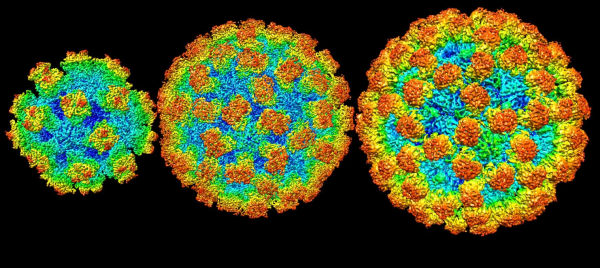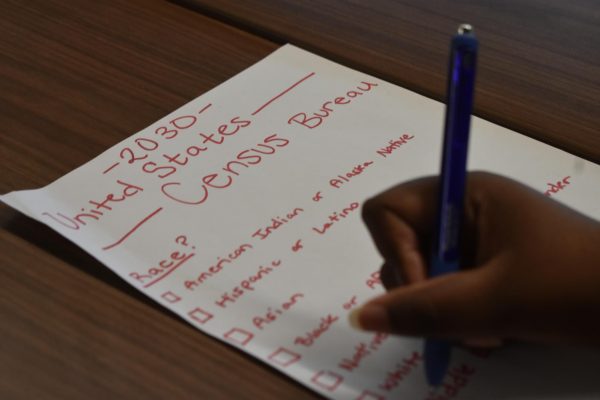Cobb County in a standstill as GA districts fund mental health services
The past two years have brought turbulence into millions of lives around the globe, beyond a doubt. Trauma touched the lives of hundreds of teens, invoking the needed increase in mental health services across the nation. Fulton County, encompassing the city of Atlanta, has increased its education budget to 1.4 billion to accommodate for the changing times and increased demand. However, Cobb County and other counties of the metro Atlanta area continue to handle the situation in a pre-pandemic way, despite the almost identical dependent makeup.
November 18, 2021
An estimated 80,000 Georgian teens seriously considered suicide in the 2018-2019 school year, and the United Health Foundation expects that number to increase an additional 38%. The pandemic and related events caused a spike in the number of issues with mental health concerns in teens, such as the mask and vaccine mandates. Holding similar tales surrounding personal beliefs juxtaposing with public health, causing major rifts within the nuclear family units. Additionally, financial worry also became a major concern. The even simpler tragedy from the 28,000 deaths of mothers, uncles and grandparents across the state cripples hundreds.
“They’re living in this day and age where they’re losing family members to COVID; they can’t understand that. That’s a form of trauma,” superintendent of Atlanta Public Schools Dr. Katika Lovett said.
Regardless, those factors induced a major need in the post-pandemic world to supply students in need with mental health services. Metro-Atlanta counties’ breakdown of wealth disproportionately affects BIPOC and other marginalized people in a negative layer financially and physically. According to the Georgia Department of Education, out of the 101,671 students enrolled in a Fulton County school, 48% classify as economically disadvantaged. Coincidentally, minorities make up half of the ethnic demographic. Even within Cobb county and NC, with the majority-minority demographic supporting a whopping 44% of economically challenged students. Moreover, racial minorities have a physical aspect causing increasing cases of a severe mental health crisis in metro-Atlanta communities.
Fulton, despite the economic wealth gap in between districts, such as Buckhead and Oakland City, has produced funding surrounding the growing need for mental health services in the state. With Atlanta Public Schools expanding their mental health professionals by 35 more people and Gwinnett doubling their staffing to address the wealth gap, the downtown Atlanta area used the state’s increased billion dollar budget to their advantage.
Meanwhile, Cobb County has made no development in that department publicly, despite the similar financial and racial breakdown of the previous counties.
School systems support the bulk of the adolescent population of their district, as well as consuming their time. With eight hours a day surrounded by responsible adults, there lies the importance of highlighting signs of deteriorating mental health. Currently, schools, particularly in Gwinnett and Cobb county, endorse Social and Emotional Learning (SEL). Districts provide training to every employee within a school’s campus in three major factors: self-awareness, responsible decision-making and relationship skills.
“You don’t know who that kid’s person is in a building; It could be the cookie lady in the cafeteria line that that kid has a connection with and [only] that adult will know if something’s not right with that kid that day,” Gwinnett executive director of student
services Tinisha Parker said.
Nevertheless, combining the aforementioned factors should prevent interaction with a counselor in a building, known as an intervention. Certain Cobb county students typically do not like the implications of the popular strategy.
“Teachers don’t really notice [the] obvious mental health issues in students. They make you feel like you’re faking it; making you take the pain with a ‘get-over-it-attitude,” NC junior Aniyah Narcisse said.
Regardless, while students’ and faculties’ views conflict on the best way to handle the situation, private enterprises and non-profits have risen to the opportunity. Resilient Georgia, an organization devoted to creating links between the public and their awareness of trauma and health, gave Cobb Collaborative 100,000 dollars to build their branch of mental health services to adolescents. Additionally, Cobb Schools received a 45,000 grant during the summer transition of the 2019-2020 school year, but no other information on new programs has surfaced.



















